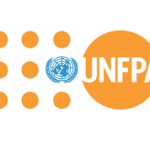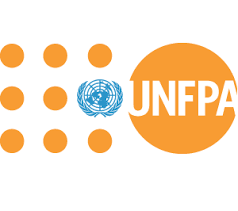By Asma’u Ahmad
The United Nations Population Fund (UNFPA) said about 20 million women in Nigeria have no access to safe and effective Family Planning (FP) services.
The UNFPA’s Country Representative, Dr Diene Keita, disclosed this at an event on Tuesday in Abuja to mark the 2017 World Population Day (WPD).
Newsmen reports that this year’s WPD has a theme: “Family planning: Empowering people, developing nations.”
 Represented by Assistant Country Representative of UNFPA in Nigeria,
Represented by Assistant Country Representative of UNFPA in Nigeria,Mr Osaretin Adonri, he said most of these women that had no access to modern FP method reside in rural areas and region of insurgency in the country.
He added that the Fund had also contributed to a near doubling of
modern contraceptive use worldwide, from 36 per cent in 1970 to 67 percent in 2016.
The country representative stated that in spite this dramatic progress, there were still enormous challenges because about 214 million women in developing countries could not access safe and effective FP methods.
He noted that, fulfilling their unmet demand would save lives by averting 67 million unintended pregnancies and thereby reducing by one third the estimated 303,000 annual maternal deaths.
Dr Keita admonished that better reproductive health care including voluntary FP can bolster economies and contribute to sustainable development by empowering women to complete their education.
“Family planning therefore is critical to achieving Sustainable Development Goal 1, to end poverty. It is also key to achieving other goals such as ending hunger as well as promoting good health and gender equality.
“UNFPA has set an ambitious, transformative goal to eliminate all unmet demand for family planning by 2030,” the official said.
He therefore called on governments and other stakeholders to work hard in achieving the goals.




